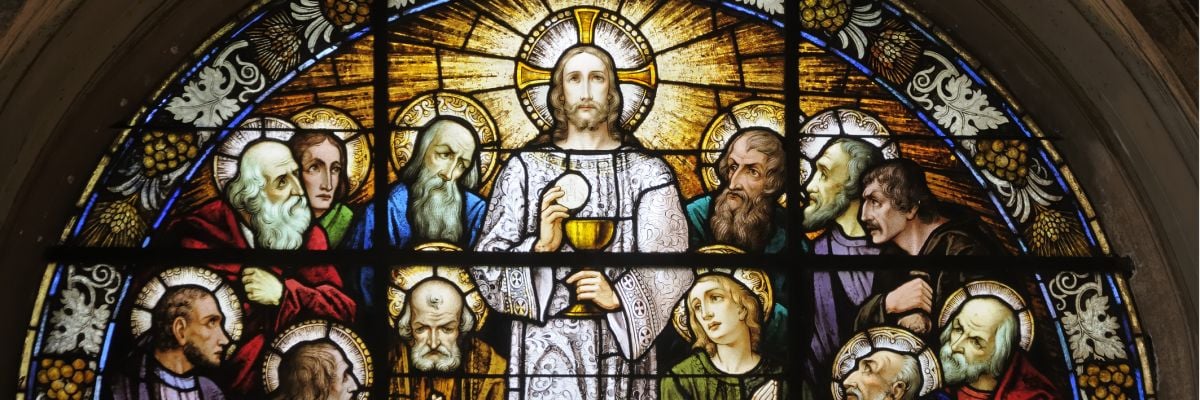M
MatthewG
Guest
Was there ever a time where this happened to the Nation of Israel as a curse for not obeying the LORD?
““The Lord will bring a distant nation against you from the end of the earth, and it will swoop down on you like a vulture. It is a nation whose language you do not understand, a fierce and heartless nation that shows no respect for the old and no pity for the young. Its armies will devour your livestock and crops, and you will be destroyed. They will leave you no grain, new wine, olive oil, calves, or lambs, and you will starve to death. They will attack your cities until all the fortified walls in your land—the walls you trusted to protect you—are knocked down. They will attack all the towns in the land the Lord your God has given you. “The siege and terrible distress of the enemy’s attack will be so severe that you will eat the flesh of your own sons and daughters, whom the Lord your God has given you. The most tenderhearted man among you will have no compassion for his own brother, his beloved wife, and his surviving children. He will refuse to share with them the flesh he is devouring—the flesh of one of his own children—because he has nothing else to eat during the siege and terrible distress that your enemy will inflict on all your towns.”
Deuteronomy 28:49-55 NLT
““The Lord will bring a distant nation against you from the end of the earth, and it will swoop down on you like a vulture. It is a nation whose language you do not understand, a fierce and heartless nation that shows no respect for the old and no pity for the young. Its armies will devour your livestock and crops, and you will be destroyed. They will leave you no grain, new wine, olive oil, calves, or lambs, and you will starve to death. They will attack your cities until all the fortified walls in your land—the walls you trusted to protect you—are knocked down. They will attack all the towns in the land the Lord your God has given you. “The siege and terrible distress of the enemy’s attack will be so severe that you will eat the flesh of your own sons and daughters, whom the Lord your God has given you. The most tenderhearted man among you will have no compassion for his own brother, his beloved wife, and his surviving children. He will refuse to share with them the flesh he is devouring—the flesh of one of his own children—because he has nothing else to eat during the siege and terrible distress that your enemy will inflict on all your towns.”
Deuteronomy 28:49-55 NLT



